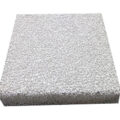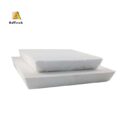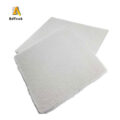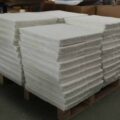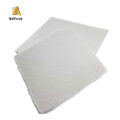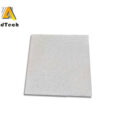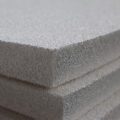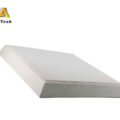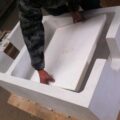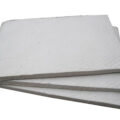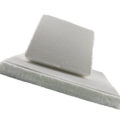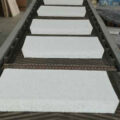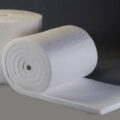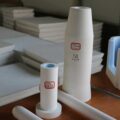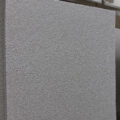Alumina ceramics are the most widely used advanced ceramic materials. Due to its highly strong bond between ionic atoms, alumina provides good performance in terms of chemical and thermal stability, relatively good strength, thermal and electrical insulation characteristics at a reasonable price. With a series of purity and relatively low cost in raw material production, alumina can be used in a wide range of applications in various industries at a reasonable price. AdTech alumina ceramic foam filter adopts alumina ceramics as raw materials. So the aluminum ceramic foam filter has the advantages of high mechanical strength, stable chemical properties, good abrasion resistance, low resistance, anti-blocking, easy recoil, easy to clean.
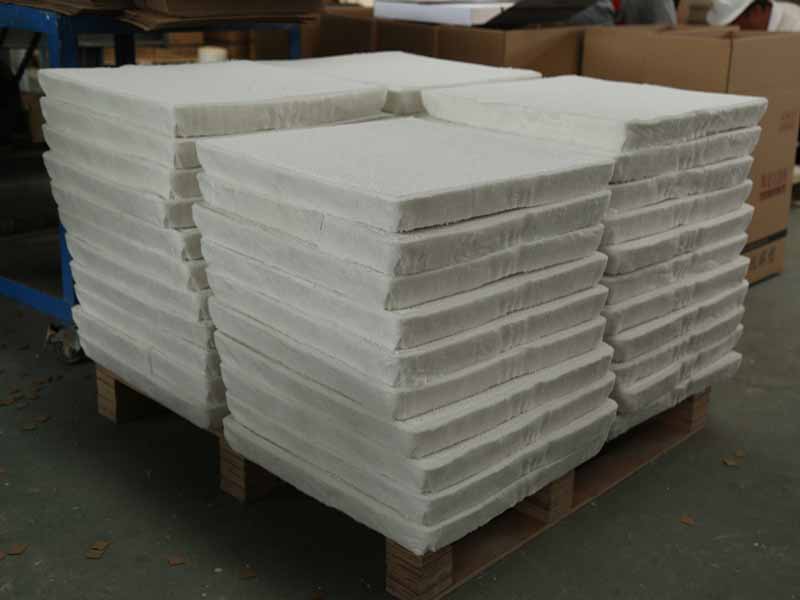
When appropriate ingredients such as magnesium oxide (MgO), yttrium oxide (Y2O3) or calcium oxide (CaO) are added to control the originally destructive phase transformation, zirconia may be an ideal material for high strength and high toughness. The microstructure characteristics of zirconia ceramics make it an engineering material of choice for wear resistance, corrosion resistance, damage and degradation resistance in a variety of applications.
Silicon carbide is notable for its hardness, high melting-point and high thermal conductivity. It can retains its strength at temperature as high as 1400 0C and offers excellent wear resistance and thermal shock resistance.
It has well-established and wide-spread industrial applications as catalyst supports and hot-gas or molten metal filters because of its low thermal-expansion coefficient and good thermal-shock resistance as well as excellent mechanical and chemical stability at elevated temperature environments.
Cordierite has a superior thermal shock resistance due to their intrinsic low coefficient of thermal expansion (CET), coupled with relatively high refractoriness and high chemical stability. Therefore, it is often used as high temperature industrial applications, such as: heat exchangers for gas turbine engines; honeycomb-shaped catalyst carriers in automobile exhaust system.
Mullite occurs very rarely in nature because it only forms at high temperature, low pressure conditions, so as an industrial mineral, mullite has to be supplied by synthetic alternatives.
Mullite is a strong candidate material for advanced ceramics in industrial process for its favourable thermal and mechanica properties: low thermal expansion, low thermal conductivity, excellent creep resistance, suitable high temperature strength, and outstanding stability under harsh chemical environments.

